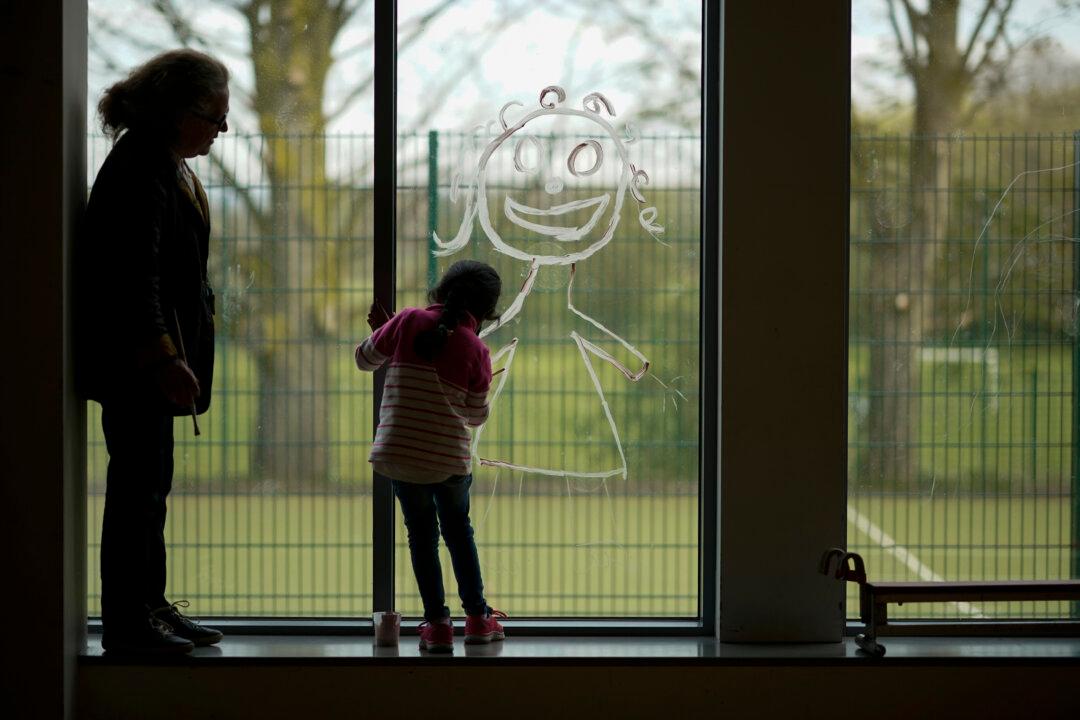COVID-19 lockdowns are “the dynamite” that blew open Britain’s social divide, according to a report published on Sunday.
The Centre of Social Justice (CSJ) think tank, which published the report, said the UK is “in danger of sliding back into the ‘Two Nations’ of the Victorian era marked by a widening gulf between mainstream society and a depressed and poverty-stricken underclass.”





